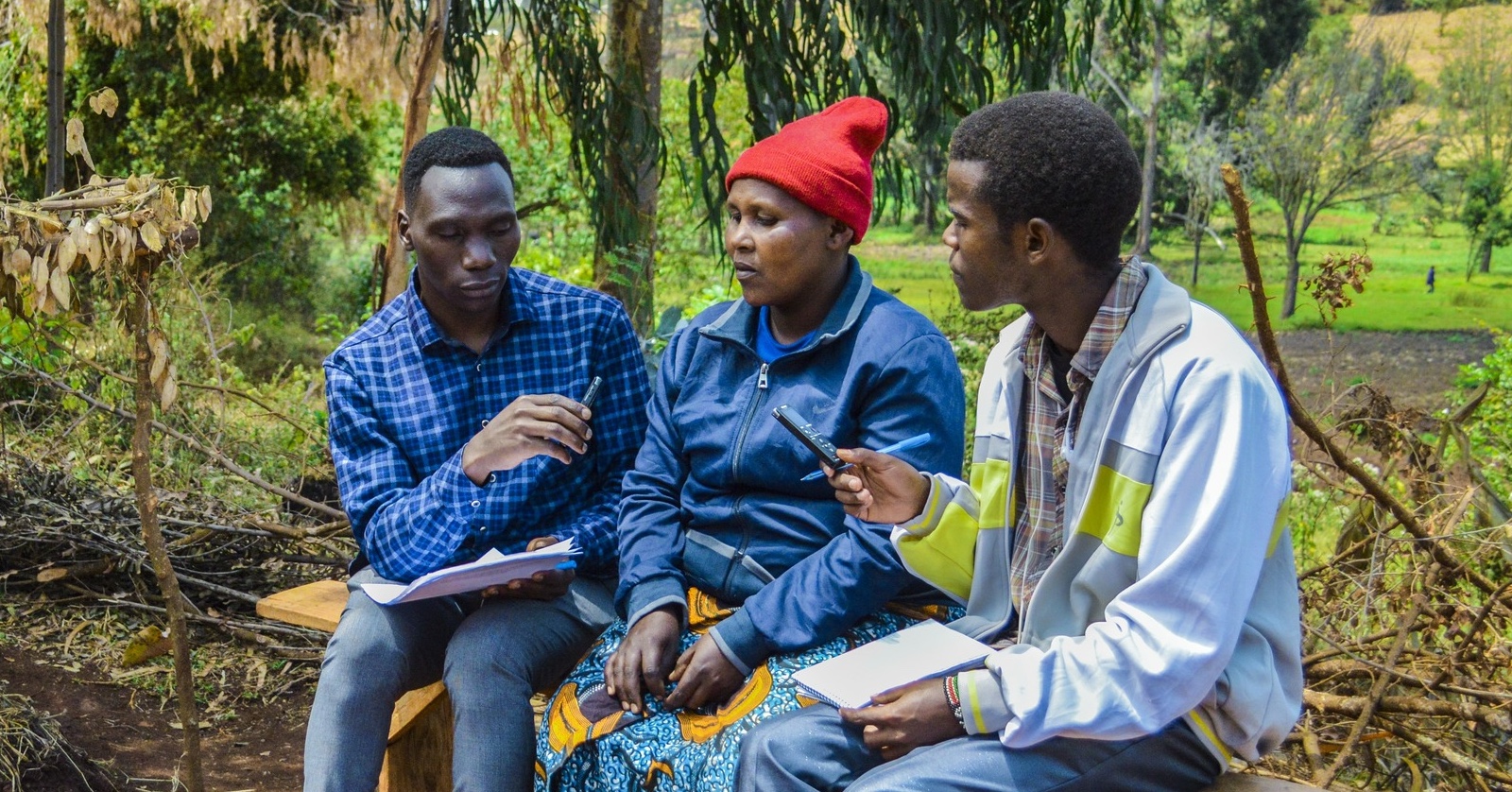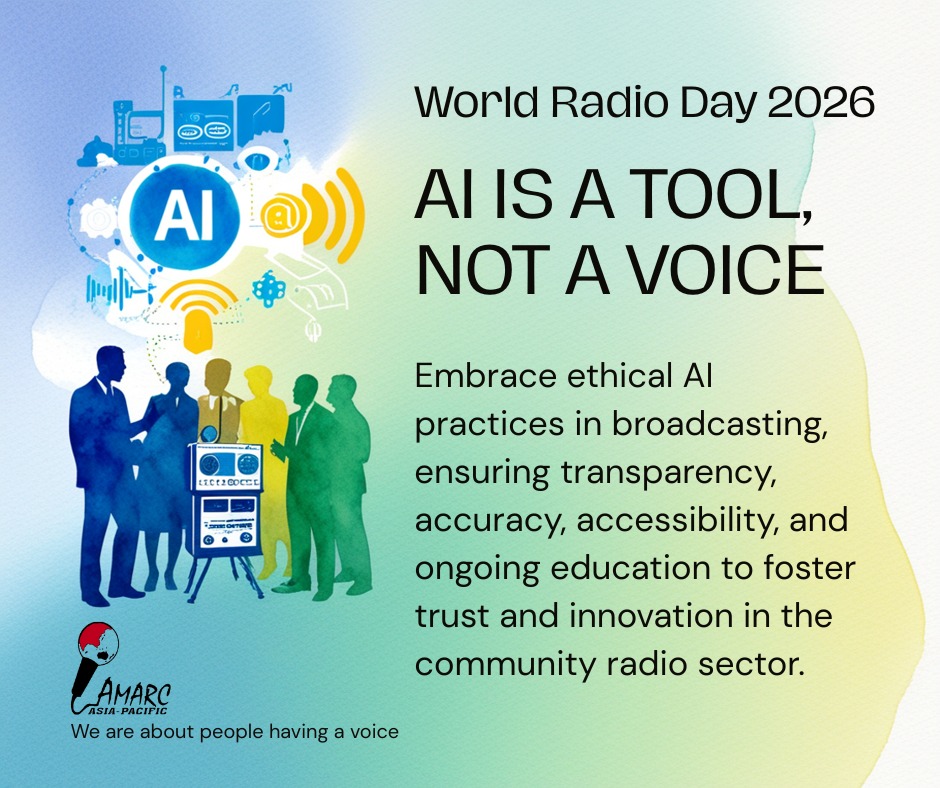
Rural Communication Services spotlighted at global forum on policy solutions for family farming
Family farming is at the heart of sustainable food systems, yet its full potential can only be realized when farmers have the means to access, share, and co-create knowledge. Rural Communication Services (RCS) are a key dimension of this process: they provide family farmers with timely, relevant, and accessible information while creating platforms for dialogue and collective action. By enabling innovation, inclusion, and resilience, RCS are increasingly recognized as essential to advancing the goals of the UN Decade of Family Farming (2019–2028).
SEE: Unlocking sustainable food systems through inclusive Rural Communication Services
This central role of RCS was underscored during the Global Forum on Policy Solutions for Family Farming, held at FAO headquarters in Rome on 24–25 September 2025. Organized by FAO’s Partnerships and UN Collaboration Division together with the Regional Office for Latin America and the Caribbean, the Forum convened policymakers, researchers, farmer organizations, and development partners to identify innovative approaches for strengthening family farming policies in the context of climate change and food insecurity.
Against this backdrop, Dr. Sarah Cardey, Professor at the University of Reading, presented FAO’s Communication for Development (ComDev)’s work on inclusive RCS. She highlighted that agriculture today is increasingly knowledge-intensive, making farmer-focused communication systems indispensable. “Communication is a catalyst for rural transformation,” Dr. Cardey explained, emphasizing the need for RCS to be co- designed with farmers, appropriated by their organizations, and institutionalized within policies and programs to ensure sustainability.
RCS are more than communication tools: they combine local media, digital technologies, and participatory approaches to foster knowledge sharing, strengthen social inclusion, and build linkages between communities and institutions. When embedded into national frameworks, they enhance agricultural innovation, support climate adaptation, promote social and economic inclusion, and improve preparedness for crises.
Examples presented at the Forum illustrated how RCS are already shaping outcomes on the ground. In Somalia, rural radio has become the backbone of a national RCS system, airing more than 110 seasonal programs each year and reaching up to 900,000 listeners weekly. Beyond boosting agricultural productivity and nutrition, this initiative contributed to Somalia’s Climate Change Adaptation Communication Strategy, endorsed in 2023. Other experiences—from Digital Green in India to Costa Rica’s National Plan for Family Farming and Mexico’s Wiki Katat initiative—show how inclusive communication services support resilience, environmental services, and social equity.
The Global Forum reaffirmed that building an enabling policy environment for family farming requires attention not only to markets, inputs, and infrastructure, but also to communication. By supporting collaborative research, partnerships with farmer organizations, and institutionalization of RCS, FAO and its partners are advancing evidence-based solutions that empower family farmers as drivers of sustainable agrifood systems.
As Dr. Cardey concluded, inclusive RCS ensure that information and knowledge reach those who need them most. By amplifying the voices of family farmers and fostering dialogue, they play a strategic role in building more resilient, equitable, and sustainable food systems—leaving no one behind.



